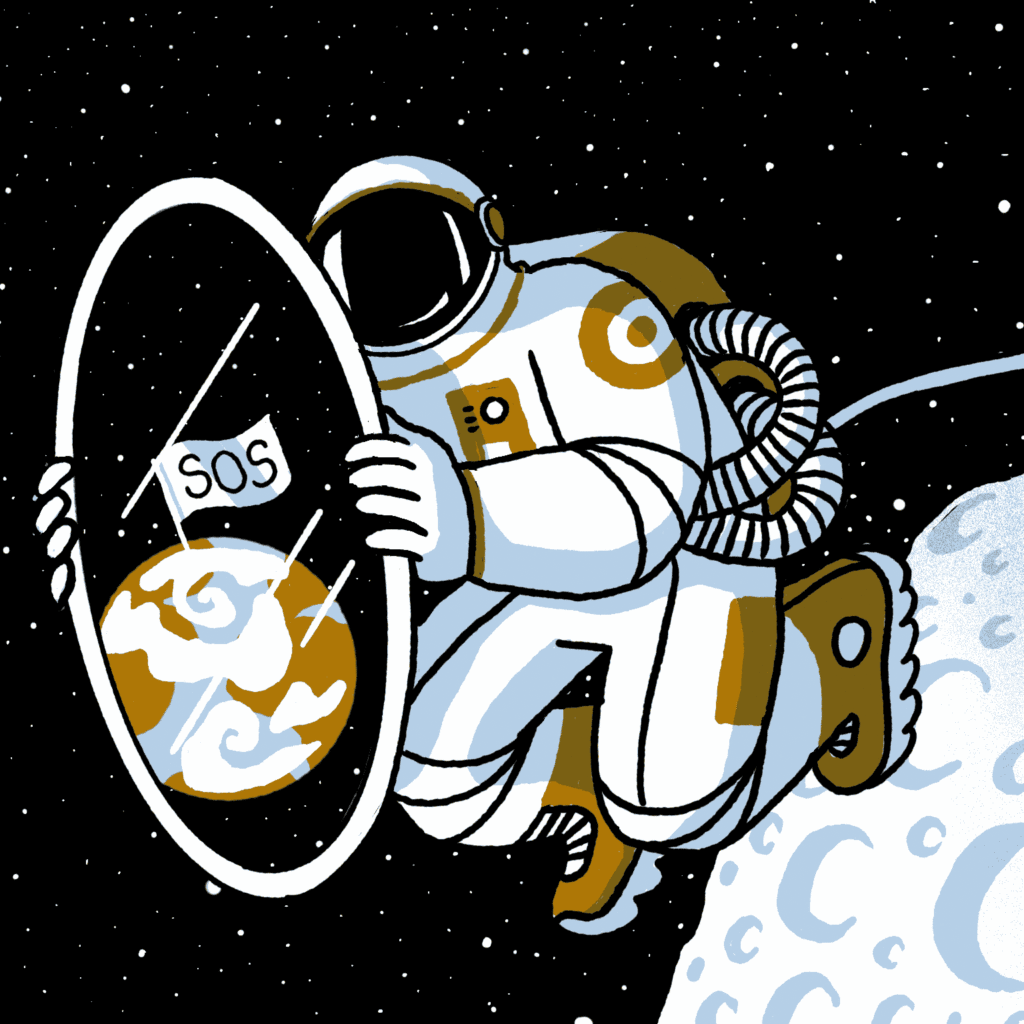
DROP BOX AND SOLVATTEN
Bringing Moonshots Back To Earth
Written by Drew Pearce For DropBox. This piece was published first on DropBox website. See the original here
Using solar power to provide clean water
In the early 90s, Swedish inventor Petra Wadström and her family were living in Australia when she had an epiphany inspired by the intense sunlight surrounding her. She came up with an idea to use sunlight to heat and purify water.
She created a small, portable “jerry can” that could be used by people living in extreme poverty in remote areas where many have to spend much of their day walking long distances to collect water.
After conducting trials in Africa and Asia, Petra and her team were able to prove the efficiency of Solvatten and it’s now being used by over 370,000 people in more than 20 countries. “It’s not the the usual water NGO where you do workshops and conferences and discussions about policy papers. This is really hands on and practical, and I love that aspect of this,” says David Wadström, Head of Public Relations and Communication at Solvatten. With a background in film and TV production, Wadström brings his love of storytelling to his job. He especially appreciates having the chance to spotlight the people who have been using Solvatten to help their families and communities.
“We’d like to tell the world about how you can still get things done with limited resources,” he says. “We want to bring that message to everybody. No matter how small you may feel or how overburdened you may be by climate change and poverty and how the world is looking, there’s no excuse not to try to do something. Because we need everybody to join in.” When Wadström first joined Solvatten in his early 20s, he traveled to a number of places and brought prototypes to test them in Cuba, Barbados, and South Africa. “That was about 15 years ago. Now we have reached around 370,000 people benefiting from day to day, most of them in Sub-Saharan Africa,” he says. “My brother is in Kenya right now, doing field work and meeting all the beneficiaries. He can see three, four years later, people are still using the technology. That’s such wonderful evidence that people are really keen to use them.”
Wadström says one of the keys to making sure new technology like Solvatten gets adopted is finding role models. “We call them the change makers,” he says. “They get the technology and understand how they can change the lives of their family and neighbors. These change makers are often of the time women. They are suffering from outdated traditions in society that are locking them down and keeping them from being able to having the same legal status as men when it comes to land rights and much more.”
One of these change makers is Nancy, a mother of four living in Kenya. In addition to dealing with the problem of providing clean water for her family, she was encountering societal pressures about the brutal tradition of FGM/C. By standing her ground and refusing to let that happen to her daughters, she gained the respect of her whole community.
“Now a lot of women throughout in the community talk with her, get her support and ask for her advice,” says Wadström. “She can move the needle on this bad tradition to face that down and bring in some good ones instead. She said ‘I’m proud to be Kenyan because we have a culture of sharing. We are neighbors. We always share. Now she can share Solvatten and the empowerment that she has. She feels confident and proud that she’s been able to stand up for her family. She can provide clean water to her family. She has this technology and even the men are wanting to be taken care of. So the water is changing the whole society.”
Wadström shares stories of change makers like Nancy in newsletters that go out to their sponsors, who in turn, share the stories on their social media channels on important dates, such as World Water Day. The sponsors become de facto ambassadors spreading the word about Solvatten to their networks.
Though Wadström sees both the good and bad sides of technology, he says “I’m a believer that we’ll be able to fix stuff. We are prioritizing the right things. When you hear tech pioneers are shooting for Mars, we should really be doing things here on Earth.
As the father of two young children, Wadström says that though he’s an optimist about the potential for technology to help humanity, it’s important to get his children to understand that we have to do this together as a species. “We have a purpose. We should be feeling purpose in our lives. We can’t fight about the limited resources. We have to find a way to to share them.”
To learn more about the work these companies are doing, visit Climeworks.com, ai-4-all.org, and Solvatten.org.
